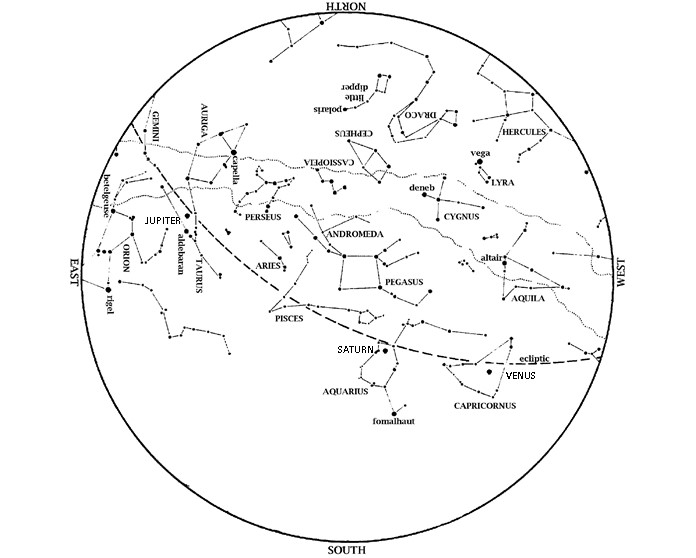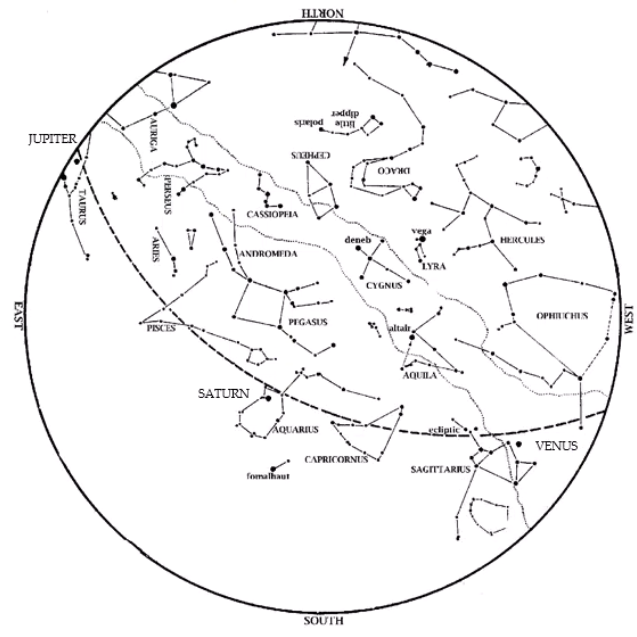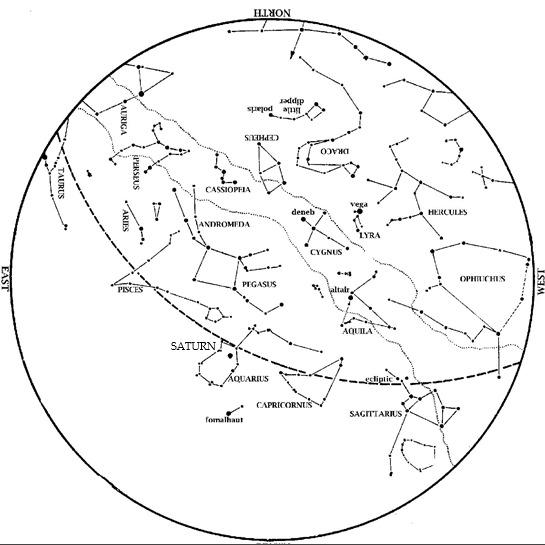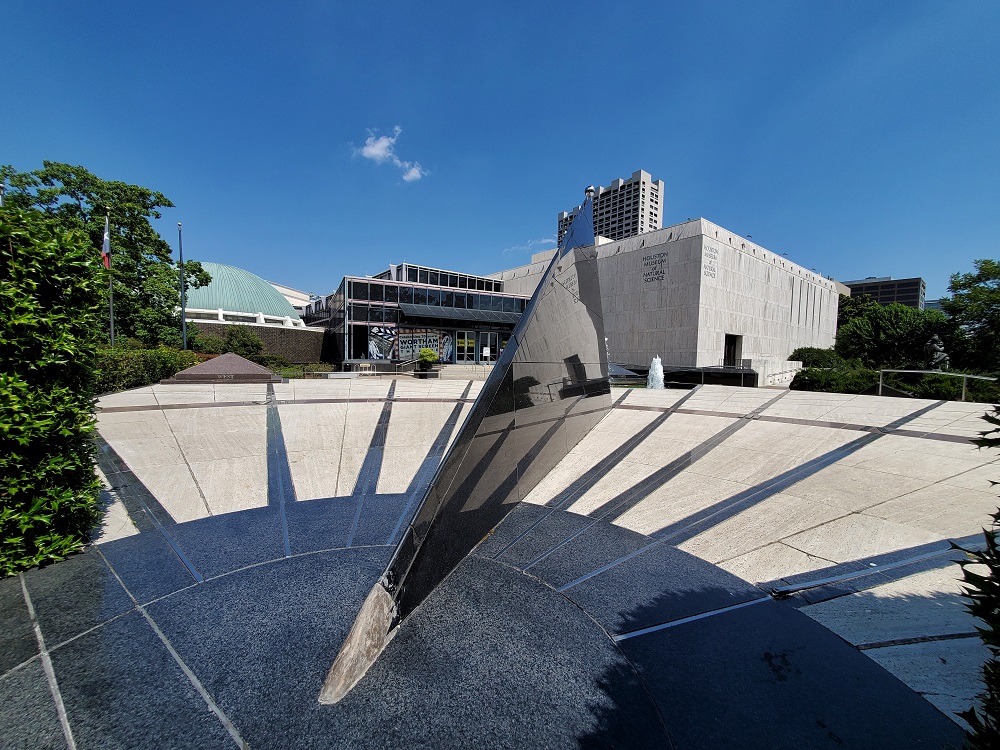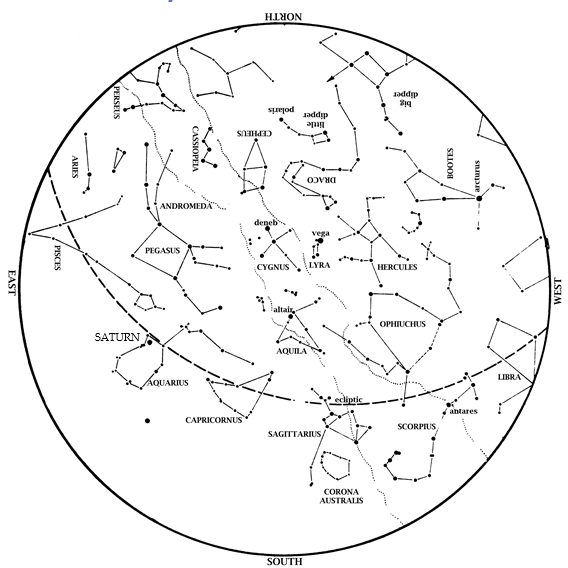November is Native American Heritage Month. As the Houston Museum of Natural Science prepares its new permanent installation, the John P. McGovern Hall of the Americas, we want to make every month Native American Heritage month.

One of many belongings on its way to the new John P. McGovern Hall.
One of the main thrusts in the new exhibit will be to raise up Indigenous voices, and let them tell the story. It is in that vein that we offer this poem, Exile of Memory, by Poet Laureate, Joy Harjo, the first Native American Poet Laureate. She is a member of the Muscogee Nation (Este Mvskokvlke), and this is what she wants to share with us:
EXILE OF MEMORY
Do not return,
we were warned by one who knows things
You will only upset the dead.
They will emerge from the spiral of little houses
Lined up in the furrows of marrow
And walk the land.
There will be no place in memory
For what they see
The highways, the houses, the stores of interlopers
Perched over the blood fields
Where the dead last stood.
And then what, you with your words
In the enemy’s language,
Do you know how to make a peaceful road
Through human memory?
And what of angry ghosts of history?
Then what?
Don’t look back.
In Sunday school we were told Lot’s wife
Looked back and turned
To salt.
But her family wasn’t leaving Paradise.
We loved our trees and waters
And the creatures and earths and skies
In that beloved place.
Those beings were our companions
Even as they fed us, cared for us.
If I turn to salt
It will be of petrified tears
From the footsteps of my relatives
As they walked west.
I did not know what I would find
The first night we set up our bed in the empty room
Of our condo above the Tennessee River
They’d heard we were coming
Those who continued to keep the land
Despite the imposition of newcomers
And the forced exile of our relatives.
All night, they welcomed us
All night, the stomp dancers
All night, the shell shakers
All night circle after circle made a spiral
To the Milky Way
We are still in mourning.
The children were stolen from these beloved lands by the government.
Their hair was cut, their toys and handmade clothes ripped
From them. They were bathed in pesticides
And now clean, given prayers in a foreign language to recite
As they were lined up to sleep alone in their army-issued cages.
Grief is killing us. Anger tormenting us. Sadness eating us with disease.
Our young women are stolen, raped and murdered.
Our young men are killed by the police, or killing themselves and each other.
This is a warning:
Heroin is a fool companion offering freedom from the gauntlet of history.
Meth speeds you past it.
Alcohol, elixir of false bravado, will take you over the edge of it.
Enough chemicals and processed craving
And you can’t push away from the table.
If we pay enough, maybe we can buy ourselves back.
We used to crowd the bar for Tuesday ten-cent beer night.
It was the Indian, poetry, biker and student bar
In that university and military base town.
Trays packed with small cups of beer passed non-stop
Over the counter all night.
We brought all of our thirsty dreams there
Gambled with them at the pool table, all night.
Danced with them and each other on the blood-stained dance floor
To jukebox songs fed by dimes and quarters, all night.
And by 2 A.M. we staggered out
To the world made by Puritan dreaming
No place for Indians, poets or any others who would
Ride the wild winds for dangerous knowledge.
All night.
Here there is a singing tree.
It sings of the history of the trees here.
It sings of Monahwee who stood with his warrior friends
On the overlook staring into the new town erected
By illegal residents.
It sings of the Civil War camp, the bloodied
The self-righteous, and the forsaken.
It sings of atomic power and the rise
Of banks whose spires mark
The worship places.
The final verse is always the trees.
They will remain.
When it is time to leave this place of return,
What will we say that we found here?
From out of the mist, a form wrestles to come forth—
It is many-legged, of many arms, and sent forth thoughts of many colors.
There are deer standing near us under the parted, misted sky
As we watch, they smell for water
Green light enters their bodies
From all leaved things they eat—
The old Mvskoke laws outlawed the Christian religion
Because it divided the people.
We who are relatives of Panther, Raccoon, Deer, and the other animals and winds were soon divided. But Mvskoke ways are to make relatives.
We made a relative of Jesus, gave him a Mvskoke name.
We cannot see our ancestors as we climb up
The ridge of destruction
But from the dark we sense their soft presences at the edge of our minds
And we hear their singing.
There is no word in this trade language,
no words with enough power to hold all this we have become—
We are in time. There is no time, in time.
We are in a Mvskoke village, far back in time.
Ekvnvjakv is in labor, so long in time.
She is not young and beyond the time of giving birth.
The keeper of birthing is tracking her energy, and time.
My thinking is questioning how, this time.
A young boy wrestles with two puppies at the doorway.
A little girl, bearing an old woman spirit appears
With green plants in her hands.
Twins play around the edge of the bed.
The Earth’s womb tightens with the need to push.
That is all that I see because of the fogginess of time.
I sing my leaving song.
I sing it to the guardian trees, this beloved earth,
To those who stay here to care for memory.
I will sing it until the day I die.
—Joy Harjo

Courtesy of The Library of Congress.
https://tile.loc.gov/storage-services/service/afc/afc2020004/afc2020004_24/afc2020004_24_ms01.pdf
Learn more about Curator of Anthropology, Dr. Dirk Van Tuerenhout.


